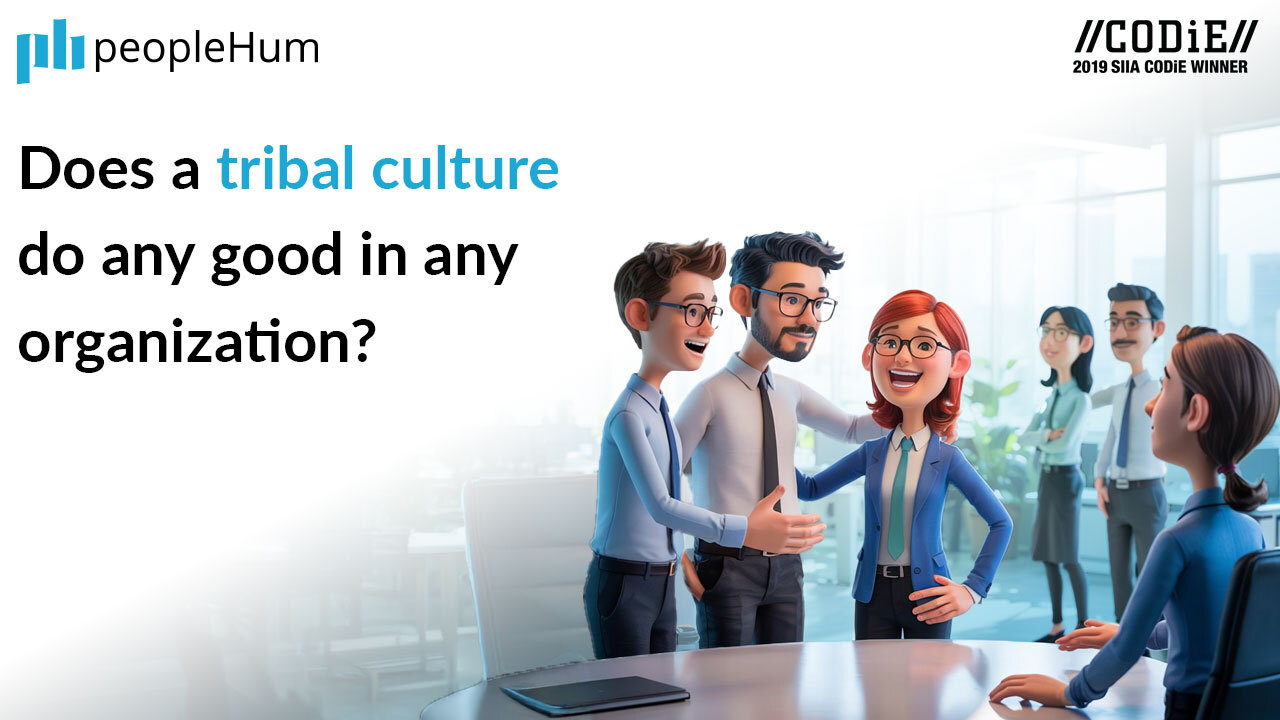Are you building a team or just aligning personalities?
Building a team is like walking a tightrope while juggling flaming torches. One wrong move, and you’re stuck with a group that either bickers like reality TV stars or agrees so much they might as well be robots. The big question everyone loves to toss around is: Do birds of a feather flock together, or do opposites attract? Spoiler alert: Neither matters if you’re not hiring people who can actually do the job, deadlines, deliverables, are at stake. Let’s roast the myths, and get to the truth about building teams that don’t suck.
Here's the actual question: Do great teams need to think alike or differently? Or are we just wasting time arguing over vibes when the real problem is... someone isn’t pulling their weight?
Birds of a feather flock together, but do they work?
Let’s decode the first myth. “Birds of a feather flock together” a team where everyone just gets each other, it sells that idea,
Sometimes that’s true. A team of similar minds can feel seamless. Sameness is safe. You can have a peaceful, agreeable team that never challenges ideas. That never questions decisions. That never grows.
But “safe” doesn’t ship results.
Hiring people who are all alike is like a safe bet. Same background, same skills, same “vibe.” And here’s the kicker: it’s a recipe for disaster. When everyone thinks the same, nobody challenges the numbers, and your team ends up stuck in a rut, recycling the same tired ideas. Comfort rarely breeds innovation.
Don’t make a company of know-it-alls; it should be a company of learn-it-alls and. Sure, similar people who get together might be faster, but if they’re all nodding along like bobbleheads, your team’s going nowhere.
Opposites attract- The recipe for chaos
On the flip side, some HRs go full rom-com and think, “Let’s hire opposites! It’ll balance things out!” Picture this: you pair the zen yogi who meditates during lunch with the coder who chugs Red Bull and types like they’re auditioning for a hacker movie. Sparks will fly, straight to HR’s inbox with complaints.
Differences are great and a mix of perspectives sparks innovation, but only if everyone’s walking in the same direction. If you hire opposites just for the sake of “balance,” you’re inviting drama, yourself. They only work if their skills complement the goal. Otherwise, you’re not building a team, you have cast a reality show.
It’s not that diversity of thought doesn’t matter, it matters only when it’s aligned to a shared goal, not when it’s scattered energy.It’s about assembling people who complement each other’s skills, not just personalities. Emotional maturity is a skill and knowing when to shut up and ship it.
The idea that the tension, contrast, and cognitive disagreement will automatically create sparks of genius, is HR’s fantasy of throwing a planner, a dreamer, a rebel, and a mediator into one Zoom room and expecting magic. But what usually happens is miscommunication, ego clashes, multiple directions, and no execution.
Is competency the only thing that matters?
Building a team isn’t about feathers or magnets. It’s about competency. The team doesn't need to be BFFs or enemies with chemistry, you need them to do their jobs. Period.
Hire people who are best suited for the role, and the rest will sort itself out. Competency trumps everything, the “vibes” do not matter, not whether they’d survive a team-building escape room. The ability to learn is the most important quality a leader can have.”
Competency has nothing to do with personality labels.”It’s not confidence or charisma. It is the actual ability to do the job, and do it well under real-world pressure. It means having the skills, the judgment, the experience, and delivering outcomes without needing hand-holding or hype. A competent person knows how to stay accountable when things go south. A team made up of competent people with clearly defined roles, shared goals, and the freedom to call out nonsense will always outperform a team built on shallow compatibility.
The era of choosing between "birds of a feather" and "opposites attract" is over. It's a false dilemma, a distraction from what truly matters. We are past the point where corporate comfort or superficial diversity can dictate our team-building strategies. The stakes are too high.The best teams are a reflection of the work they need to deliver. Not the personalities in the room. Prioritize competency, you shift the focus from subjective "chemistry" or superficial life to measurable capability.Keep the focus on skills as the team evolves.
How do we move from fluff to fundamental competency in team building?
There’s no secret sauce. But there are some foundational pieces most HR teams overlook because they’re too busy psychologizing personalities.Stop the romanticism and you'll know what matters
1. Role clarity over personality chemistry
When someone walks into work knowing exactly what they own, chaos stays low. No one's stepping on each other’s toes, overcommunicating out of insecurity, or waiting on others to move first.:If everyone knows what they’re supposed to do, and does it well, most interpersonal drama disappears. Before you even post the job, nail down the must-haves. Be specific. “Good communicator” isn’t enough. Clear roles reduce friction. This creates accountability. The “too many cooks” syndrome is prevented. This has nothing to do with whether someone is bubbly or analytical. It has everything to do with structure..
3. Shared objectives, not shared spotify playlists
No one cares if you like the same music or went to the same college. Can your team align on the actual goal? Great teams rally around outcomes, not each other’s weekend plans. They build respect by walking in the same direction, The job isn’t to create lifelong friendships. It’s to build a team that delivers. Yes, different perspectives are mandatory, but everyone needs to know about the mission, the questions to remember should be how do they handle things under pressure? Can they solve hard problems? The best teams have different opinions, but a singular vision.
3. Accountability over compatibility
You can put the friendliest people on a team, but if no one owns mistakes, it’ll rot from the inside. Teams rise or fall based on how they handle messes. Competent people don’t dodge accountability. They clean up fast and move on. That’s culture. That’s trust. You don’t want someone who’s always "waiting for direction" or blaming upstream teams, you want owners, not renters. You don’t want someone who’s always "waiting for direction" or playing the blame game. You want owners, not renters, and if they are allergic to accountability, you know your answer.
4. Psychological safety over personality match
Psychological safety isn’t about balance. It’s about allowing people to disagree, push back, and flag risks without fear of backlash, and that's where HR messes up personality frameworks to “balance” a team. You don’t need opposites. You need people who can speak up. That’s what unlocks progress.The culture should feel safe enough to say, “This isn’t working.” or “I need help.” It’s about respecting performance and building trust through consistency.
Conclusion: Keep it simple, and focus on the win
Building a team doesn’t need to feel like defusing a bomb. Forget the fluffy debates about birds, opposites, or whatever Pinterest quote you chose to keep your mood around. The main thing that matters is competency. Hire people who can do the job well and don’t create more problems than they solve. and when you strip away the noise, team-building is simple: find the right people for the right roles. Not clones who agree on everything. Not opposites who’ll bicker over colour palettes. Just skilled, adaptable folks who get it done. Your CEO doesn’t care if the team braids each other’s hair, they care about results.
So, what’s it gonna be? A team that works or a team that just… hangs out? Your call.
peopleHum helps you build teams around outcomes, not office small talk. From skill mapping to performance feedback loops, we help you measure what matters: what people can actually do.
👉 Book a free demo today and let your next great team be built on more than guesswork: peopleHum demo































.jpg)


















